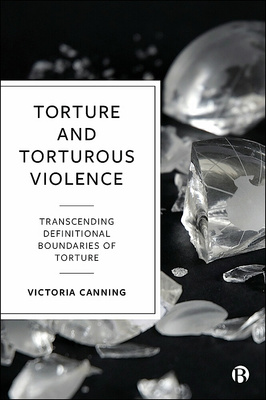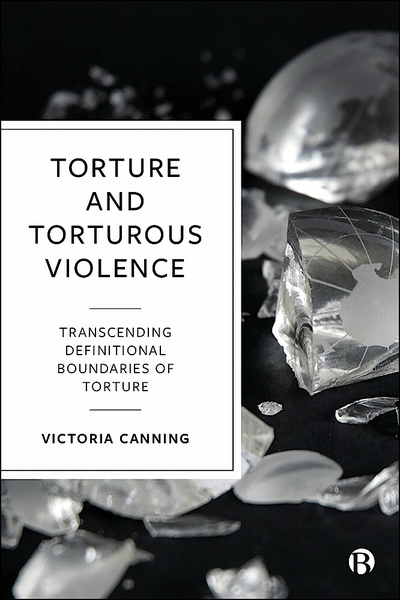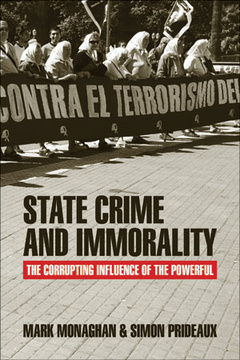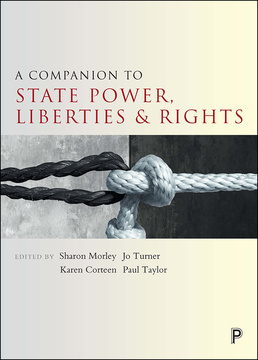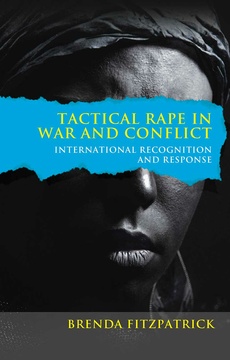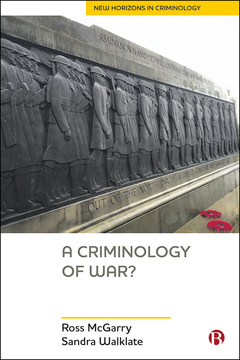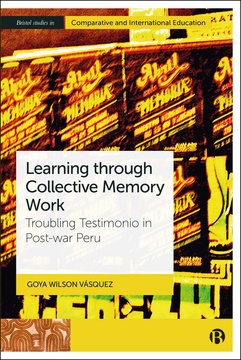Published
18 Jan 2023Page count
186 pagesISBN
978-1529218435Imprint
Bristol University PressPublished
18 Jan 2023Page count
186 pagesISBN
978-1529218428Dimensions
234 x 156 mmImprint
Bristol University PressPublished
18 Jan 2023Page count
186 pagesISBN
978-1529218442Imprint
Bristol University PressPublished
18 Jan 2023Page count
186 pagesISBN
978-1529218442Imprint
Bristol University PressIn the media:
Women refugees disproportionately impacted by narrow definitions of ‘torture’ on The University of Bristol
There is growing acknowledgement that torture is too narrowly defined in law, and that psychological and/or sexualised violence against women is not adequately recognized as torture.
Clearly conceptualising torturous violence, this book offers scholars and practitioners critical reflections on how torture is defined and the implications that narrow definitions may have on survivors. Drawing on over a decade of research and interviews with psychologists, practitioners and women seeking asylum, it sets out the implications of the social silencing of torture, and torturous violence specifically. It invites us to consider alternative ways to understand and address the impacts of physical, sexualized and psychological abuses.
“This book would appeal not only to critical criminologists, but also to any practitioner or scholar working on the nexus of violence and law, state crime, psychology, anthropology, feminism or migration. Canning's insights are freshly and searingly written.” Theoretical Criminology
"We consider Professor Canning’s book to be an important contribution that will help define and deepen the contours of torture and, in this sense, a highly recommended read for reflecting on forms of tortuous conduct where there is no direct state responsibility and a valuable read for any activists and academics working in this area." Torture
“Canning’s account of endemic torturous violence is expansive. She lays bare the gendered experiences and impacts of torture, and exposes the fragility of law, the burdens of shame and the struggles against trauma. A compelling book.” Elizabeth Stanley, Victoria University of Wellington
“A searing and sophisticated socio-legal treatment of the complexities of torture and violence. This accessible book is a call to action: practitioners must not only understand who does what to whom under what circumstances but must interrogate the stigma, shame and silence surrounding these forms of violence and their impacts.” Aisha K. Gill, University of Bristol
Victoria Canning is Associate Professor of Criminology at the University of Bristol. She is currently Head of the Centre for the Study of Poverty and Social Justice, Associate Director in Border Criminologies at Oxford University, and trustee of Statewatch. Victoria has published and edited various books and articles, including Gendered Harm and Structural Violence in the British Asylum System (2017), From Social Harm to Zemiology (2021, with Steve Tombs) and Stealing Time: Migration, Temporalities and State Violence (2021, with Monish Bhatia). She is cocreator of the Right to Remain Asylum Navigation Board (with Lisa Matthews) and has acted as academic consultant on the BAFTA award-winning series Exodus: Our Journey to Europe.
Introduction: Why ‘Torture and Torturous Violence’?
1. Outlining the Definitional Boundaries of ‘Torture’
2. ‘Wandering Throughout Lives’: Outlining Forms and Impacts of Torture
3. ‘I Wouldn’t Call It Torture’: Conceptualising Torturous Violence
4. Sexualised Torture and Sexually Torturous Violence
5. Experiential Epistemologies: Embedding the Lived Experience of Women Survivors
6. Unsilencing
7. Addressing and Responding to Torture and Torturous Violence







